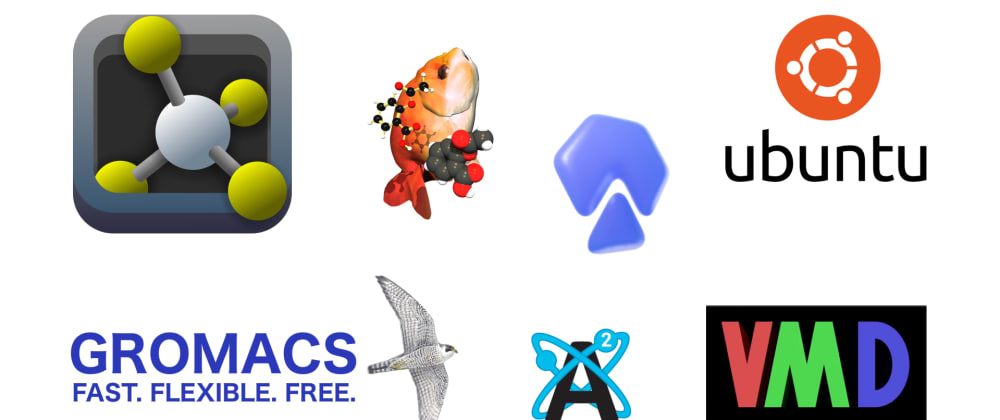
Access to these executables is now limited to registered users who are paying customers educational builds are available free to students and teachers.

On 1 August 2006, DeLano Scientific adopted a controlled-access download system for precompiled PyMOL builds (including betas) distributed by the company. Įarly versions of PyMol were released under the Python License. PyMOL used Tk for the GUI widgets and had native Aqua binaries for macOS through Schrödinger, which were replaced with a PyQt user interface on all platforms with the release of version 2.0. PyMOL uses OpenGL Extension Wrangler Library (GLEW) and FreeGLUT, and can solve Poisson–Boltzmann equations using the Adaptive Poisson Boltzmann Solver. The Py part of the software's name refers to the program having been written in the programming language Python. PyMOL is one of the few mostly open-source model visualization tools available for use in structural biology.

According to the original author, by 2009, almost a quarter of all published images of 3D protein structures in the scientific literature were made using PyMOL. PyMOL can produce high-quality 3D images of small molecules and biological macromolecules, such as proteins.
PYMOL FREE VERSION WINDOWS 2019 SOFTWARE LICENSE
As the original software license was a permissive licence, they were able to remove it new versions are no longer released under the Python license, but under a custom license (granting broad use, redistribution, and modification rights, but assigning copyright to any version to Schrodinger, LLC.), and some of the source code is no longer released. It is currently commercialized by Schrödinger, Inc. It was commercialized initially by DeLano Scientific LLC, which was a private software company dedicated to creating useful tools that become universally accessible to scientific and educational communities.

PyMOL is an open source but proprietary molecular visualization system created by Warren Lyford DeLano. Originally the Python License, now proprietary com /schrodinger /pymol-open-sourceĬross-platform: macOS, Unix, Linux, Windows


 0 kommentar(er)
0 kommentar(er)
